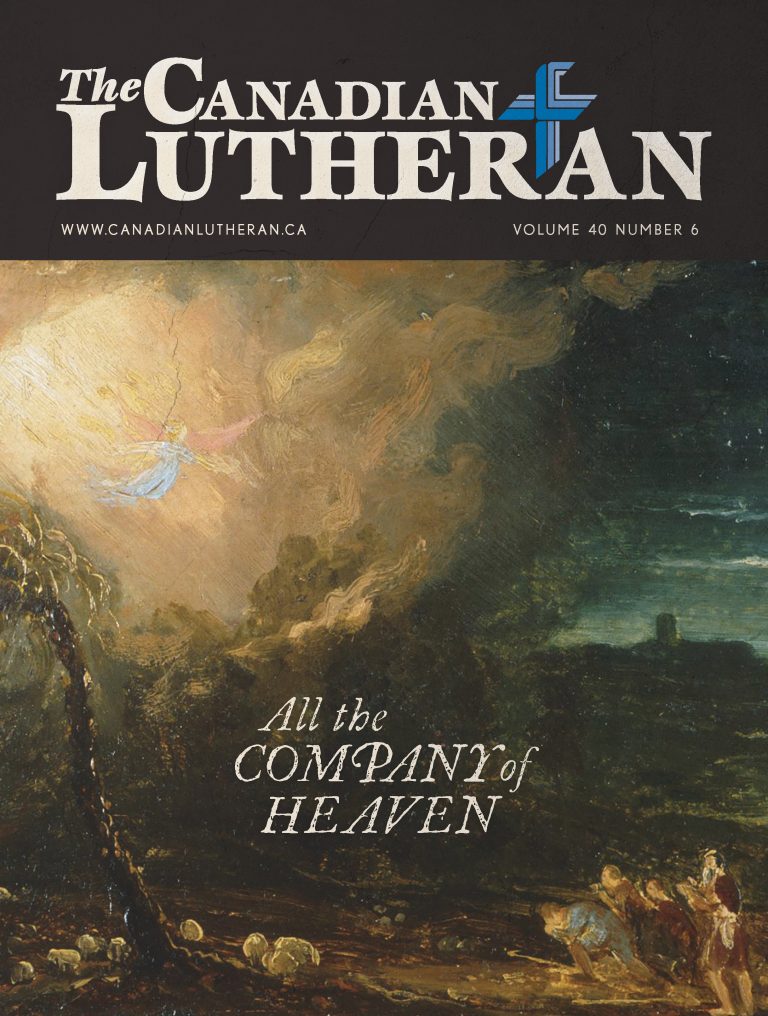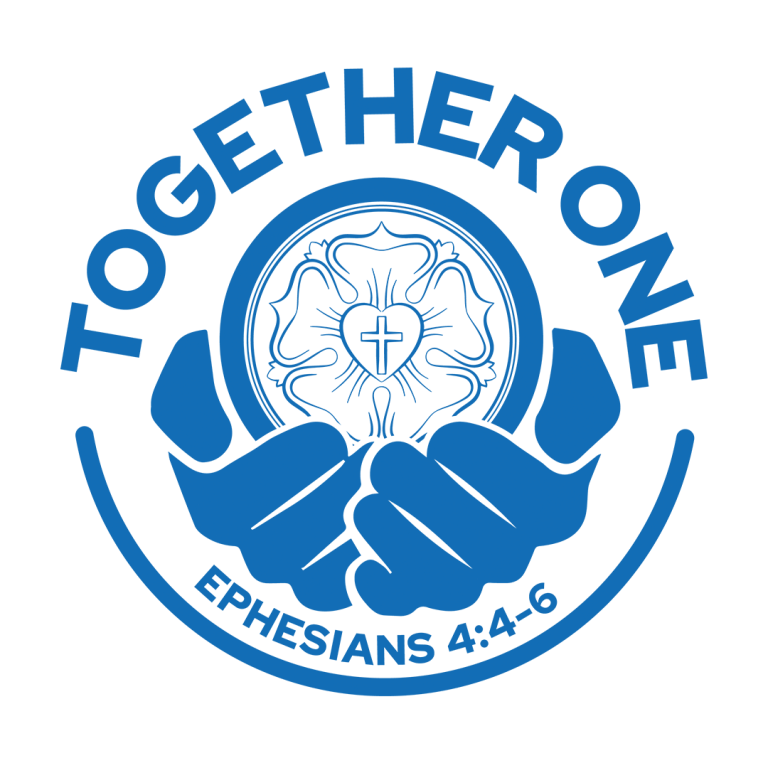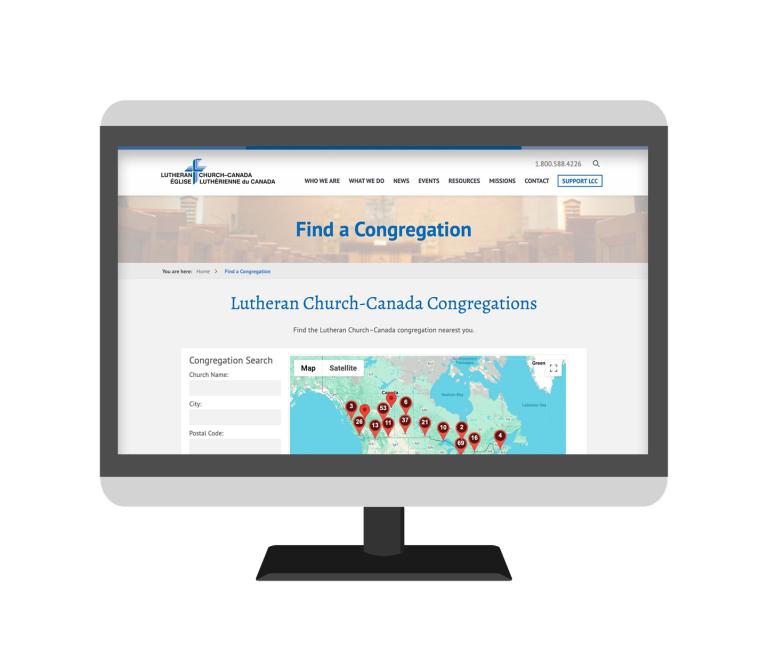Beaten for Jesus

by John Maina
I have always marveled at the story of Jesus and the woman at the well, and how the Samaritan city of Sychar was reached (John 4:1-42). It seems a chance meeting at first, but Jesus had it planned all along. This woman would be His means to reach the Samaritan city of Sychar. It’s quite the story. Jesus asks for a drink, discusses her life, and speaks about the differences between Jews and Samaritans. Finally, He tells her He is the Messiah. She returns to the city, inviting the people to meet this Jesus.

Jesus chooses an unlikely evangelist.
But what an odd choice for a messenger! Men in that context did not generally listen to women. What is more, this woman did not have any credibility at all with her audience: she was a multiple divorcee currently living with a man whom she was not married to. She is not even very sure of her message: “Could this be the Christ?” she asks the Samaritans (John 4:29). Yes, what an odd choice for a messenger! You’re almost tempted to tell Jesus, “The plan is good, but the person you’ve picked for the job? You might want to choose someone else!”
Nevertheless, this woman is the person Jesus chose to bring His Word to the city of Sychar. And yet, despite her lack of credentials, the town listens. The town comes to see the Man. Indeed, we read that “many of the Samaritans from the town believed in [Jesus] because of the woman’s testimony” (4:39). And not just because of her testimony. “They said to the woman, ‘We no longer believe just because of what you said; now we have heard for ourselves, and we know that this man really is the Saviour of the world” (4:42).
What a strange choice for an evangelist, and yet look at the harvest! God doesn’t choose as His messengers the people we would necessarily choose. He uses imperfect people to share His perfect Gospel.
Abdi’s Story
That’s something I learned through one young Somali man. We will call him Abdi Noor here, though (for security reasons) that is not his real name. Abdi once lived in South Western Somalia and worked for a relief agency. While still living in Somalia, Abdi heard the Gospel through a radio ministry program and became a believer in Jesus Christ. But while he had become a Christian, it was not something he had shared yet with others; converting to Christianity in that place was dangerous.
One day the American who was in charge of his NGO’s unit asked Abdi to pray as they prepared to have their ten o’clock tea. Abdi had been struggling with going public with his newfound faith. The words of Scripture haunted him: “If anyone is ashamed of me and my words, the Son of Man will be ashamed of him when he comes in glory and in the glory of the Father and of the holy angels” (Luke 9:26).
That morning Abdi decided to be bold. He prayed a Christian prayer instead of saying the Muslim Bismillahi. Abdi prayed and thanked God the Father in the name of His Son Jesus Christ.
His boss, an American, was shocked at the prayer. Their organization was not supposed to be associated with conversions to Christianity. This kind of thing could endanger their lives and the entire operation of the NGO.
“Oh, so you became a Christian,” Abdi’s boss said uncomfortably. Abdi, realizing that this was probably the only chance he would ever get to share the Gospel with this group, went ahead and told his story—how he had personally come to faith and why he believed the Gospel.
News spread fast. By lunch time, a message came for Abdi from his wife, a young mother of one. “I don’t know what you have done,” she said, “but whatever it is, don’t come home. There are men waiting here for you and they have guns.”
Don’t come home. There are men waiting here for you and they have guns.
Abdi never did go home. His boss gave him some money, and Abdi fled. He started a long journey to the Kenya border. He passed through the desert. Eventually he came to the Dadaab refugee camp—a camp that was, for a very long time, the largest refugee camp in the world (with somewhere between 300,000 and 500,000 people).
It was there that he met Lutheran Hour Ministries (LHM) through LHM’s Bible Correspondence Course. In Dadaab, that course has helped LHM reach more than 5,000 refugees with the Good News of the Gospel.
Outreach to Somalis
Abdi was so committed to the course that in time He became not just a student but also a coordinator. His role was to recruit students into the course and to coordinate the distribution of the work in one sector of the camp. With his help, LHM’s outreach flourished.
It was just a matter of time before I, John Maina, (LHM’s Kenya Director) and the rest of our staff in Nairobi, Kenya, wanted to meet Abdi in person. We were interested in translating our Bible Course into the Somali language, so we invited Abdi to meet with us. We were also interested to see whether it might be possible to begin outreach work to Somali people settled in the city of Nairobi. Abdi came to our office and we were surprised to learn how young he was. One thing that was immediately clear was his total love for his newfound faith. The peace God had brought him through LHM’s Bible Course had strengthened and emboldened him.
 Very soon Abdi was busy sharing his faith with Somalis in the city of Nairobi. He helped recruit people for our Bible Correspondence Course within the city, especially in the suburb of Eastleigh, which has a large population of Somali people. Previously, LHM had been unable to make inroads with this group, but through Abdi’s work we soon had more than 150 students. We were making progress. We even started discussions with NOREA radio, a Lutheran Norwegian organization about the possibility of starting a joint radio program in the Somali language.
Very soon Abdi was busy sharing his faith with Somalis in the city of Nairobi. He helped recruit people for our Bible Correspondence Course within the city, especially in the suburb of Eastleigh, which has a large population of Somali people. Previously, LHM had been unable to make inroads with this group, but through Abdi’s work we soon had more than 150 students. We were making progress. We even started discussions with NOREA radio, a Lutheran Norwegian organization about the possibility of starting a joint radio program in the Somali language.
It was not long, however, before the persecutions began. One afternoon I received a report that Abdi had been beaten up inside a house where he had been leading Bible studies. Soon it was clear that he was being followed. Every time he spoke to someone about Jesus, he would be interrupted by hecklers. Sometimes, the people he spoke to would be visited later by a group of young Muslim zealots. We started having to hide Abdi in churches, transferring him from church to church to keep him safe. Despite the danger, Abdi continued to witness his faith in Christ.
As the leader of LHM’s Ministry Centre in Nairobi, I began to be worried. One day, at the height of the persecution, after we had nearly tired from hiding him in different churches and homes, and he was still being found, I tried to dissuade him from witnessing any more to these people. I offered him the opportunity to work with our other programs, to have the opportunity to share the Gospel with non-Muslims.
Abdi replied with a statement I have never forgotten. He said to me, “Now that I know the truth… Now that I know how much God loves them… Now that I know what a lie my people have believed… Now that I can see, I cannot keep quiet! Now that I have an opportunity to share the Gospel somewhere relatively safe compared to my country, I will not miss an opportunity to share the marvelous news that a person can have a relationship with God Himself through Christ. I want to tell one more person, to enjoy the look of surprise on their faces—just as it happened to me—as the Truth dawns in their eyes.”
I want to tell one more person, to enjoy the look of surprise on their faces—just as it happened to me—as the Truth dawns in their eyes.
One time I went with Adbi to the police and asked for protection. I explained that he was being followed by people who meant to harm him, and that he had previously reported the first attack. The police-woman in charge of the station listened to us patiently. Then she explained that it was just not possible for them to protect every Muslim who converted to Christianity. Abdi, she said, would just have to lie low for a while.
The situation only got harder. Abdi’s wife joined him in Kenya, after months following the same route he had taken from Somalia. I remember how we had prayed for her when we heard she was traveling. At last she had arrived and we had all celebrated together.
One morning sometime later, I saw her. She was missing a front tooth, the result of a night attack at their home. Apparently she had been witnessing to Muslim women, which had led to the attack. We started hiding Abdi and his wife again. I remember worrying as their leader whether we could really cope with the challenges involved in this ministry. I tried to dissuade Abdi from continuing, but every time I had the discussion I felt ashamed. Here was this new believer challenging me to trust God while I was ready to give up. It was like we had changed roles.
The people God calls
And so we continued. The following Easter, 18 young Somali men, former Muslims, were baptized into Christ at the Uhuru Highway Lutheran Church. The baptisms conducted by Revs. Enos Omodhi and Jacob Schmalzle were the main event that morning. It was a symbol of the commitment and consistency that the Holy Spirit had created in and through Abdi. I remember the drama of the moment and, frankly, a bit of embarrassment as Rev. Schmalzle, an American missionary pastor, prepared to baptize the young men. He asked each of them whom they had chosen as their godfather and they all, without fail, gave one name: John Maina. That Sunday morning I became the father of 18 godsons.
As I went home that evening, I contemplated whether I had deserved the honor bestowed upon me that morning. I realized I did not. If it had been left up to me, Abdi would not have continued his evangelism at the pace he had done. But as I searched in the Word of God, I realized it was okay. I was the kind of person God always works with. He uses fearful, doubtful, and inconsistent people, people who are afraid but are nevertheless available. People like the Samaritan woman. People like Abdi. People like me.
God uses fearful, doubtful, and inconsistent people, people who are afraid but are nevertheless available.
Someone once said, “God does not call the qualified; He qualifies the called.” That day when 18 Somali men were baptized, I saw this clearly. The work had not been dependent on my skills, my courage, or my strength. And that’s precisely why it had worked. The moment I think my qualifications are what gets the work done, that’s the moment it starts falling apart.
We are really “spectators” when it comes to evangelism. It’s the Holy Spirit working through the Word of God who transforms hearts. He is the One who convicts and converts hardcore prisoners on death row through a simple drama played by amateur volunteers. He is the One who draws tears from hardened prostitutes through a song that sings of the Man who loved us to death. And He is the One who is sharing the Good News of Jesus to Somalis in Kenya through the work of Lutheran Hour Ministries.
———————
John Maina is the Director of Lutheran Hour Ministries’ International Center in Kenya (known locally as Nuru Lutheran Media Ministry).
The President of Lutheran Church–Canada recently called on member congregations to remember the persecuted Church in prayer. For information and resources, read our recent article “A Year of Martyrs.”






